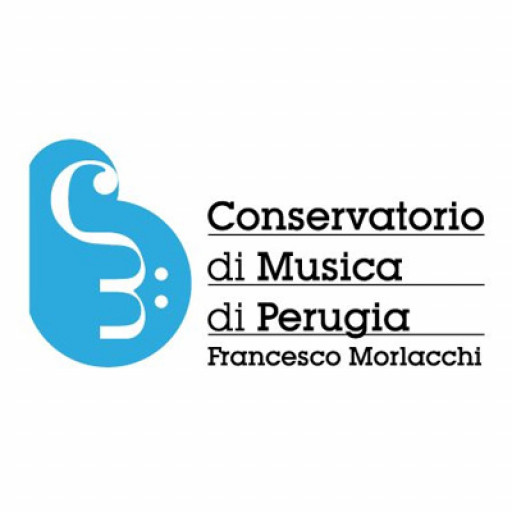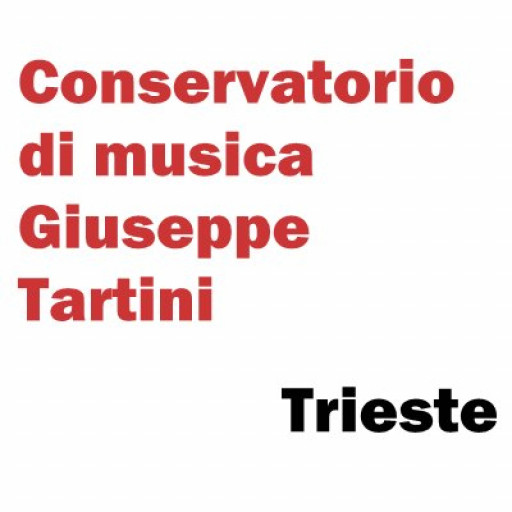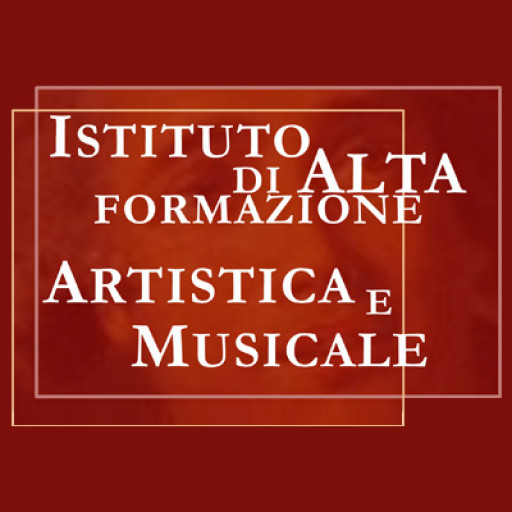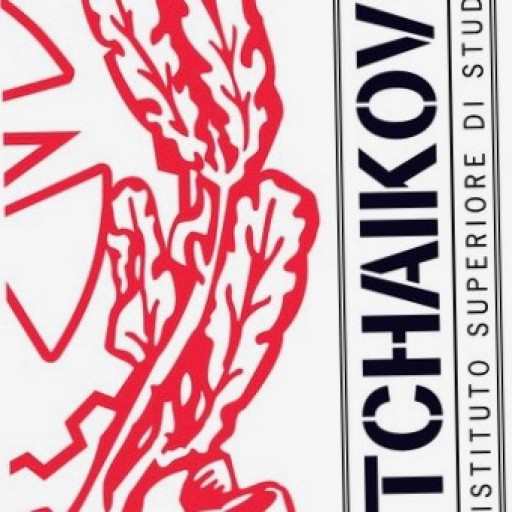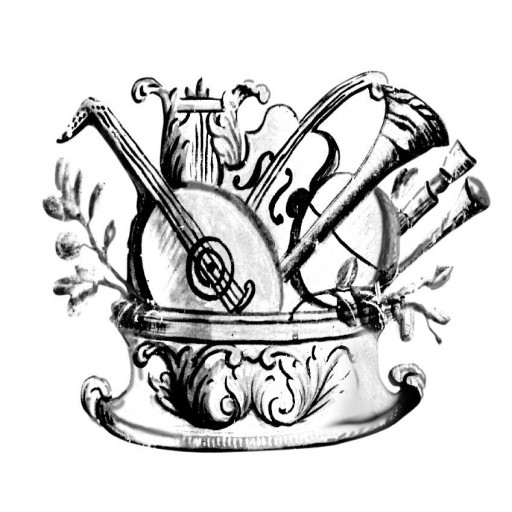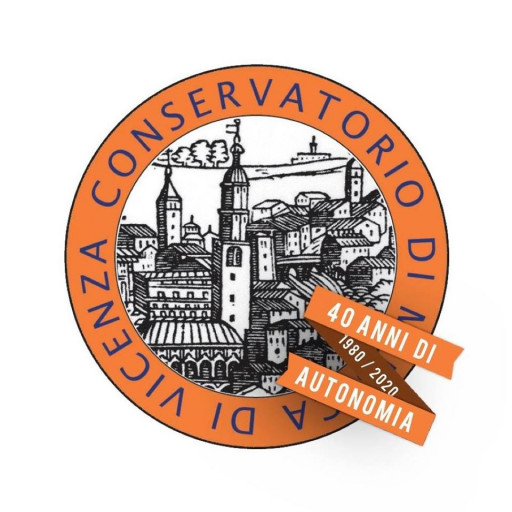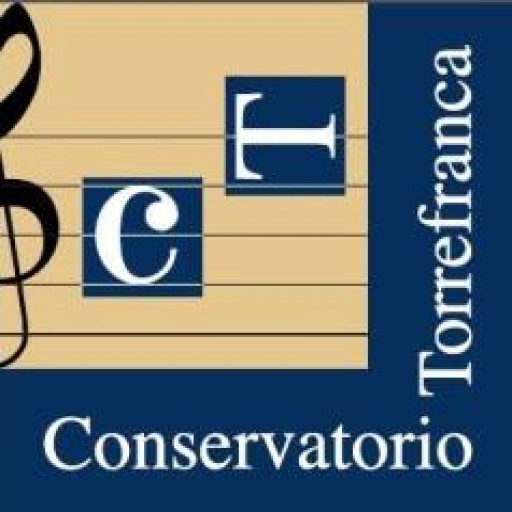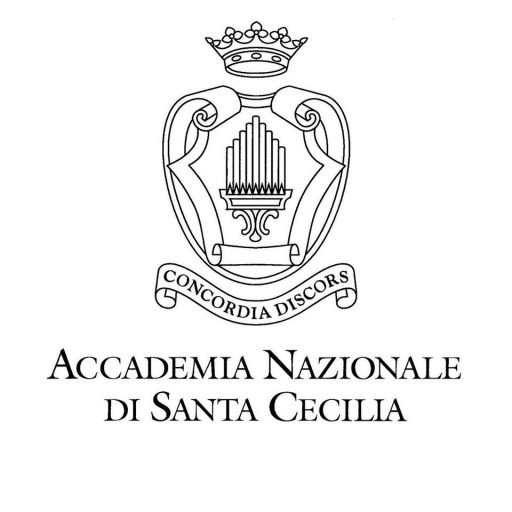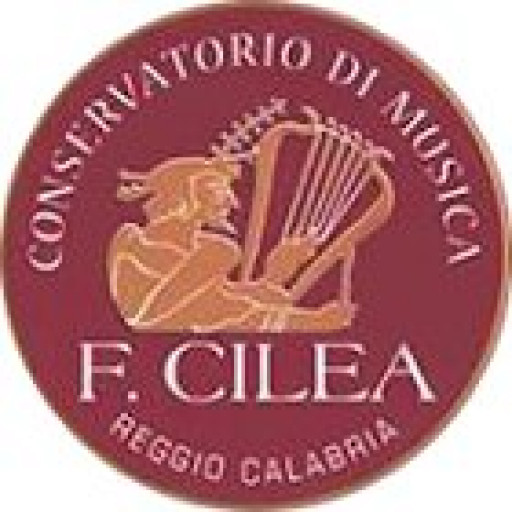The Composition degree program at the Conservatory of Music Francesco Morlacchi offers students a comprehensive formation in the art and craft of musical composition. The program is designed to cultivate originality, technical skill, and a deep understanding of musical language across a variety of genres and styles. Throughout their studies, students engage with advanced harmony, counterpoint, orchestration, and music theory, enabling them to develop complex and innovative works. The curriculum combines rigorous coursework, practical composition exercises, and opportunities for collaborative projects with performers and ensembles. Students are encouraged to explore contemporary techniques as well as classical traditions, fostering a versatile compositional voice. The program also emphasizes the importance of music history and analysis, providing students with contextual understanding of different eras and styles. In addition to individual lessons with experienced faculty, students participate in workshops, masterclasses, and seminars led by renowned composers and performers from Italy and abroad. The conservatory provides access to state-of-the-art recording studios and computer music facilities, supporting the creation of multimedia and electronic compositions. The program culminates in a thesis project that involves the composition of a substantial work or a portfolio demonstrating mastery of various compositional techniques. Graduates are prepared for careers in film scoring, contemporary music, orchestral, choral, and chamber music composition, as well as roles in music production, teaching, and music consultancy. The program's goal is to foster creative independence, technical excellence, and professional readiness, enabling graduates to contribute actively to the evolving landscape of contemporary music.
Program requirements for the Composition degree at the Conservatory of Music Francesco Morlacchi typically include a combination of general university admission criteria, specific prerequisites related to musical education, and additional departmental requirements. Applicants must generally demonstrate a strong proficiency in musical performance and theory, often evidenced through previous coursework or an audition process. A successful entrance audition usually involves performances of works demonstrating technical skill, interpretative ability, and familiarity with various musical styles. In addition to the audition, prospective students may need to submit a portfolio of compositions or original works that showcase their creative potential and compositional skills.
Academic prerequisites often include a background in music theory, harmony, counterpoint, and ear training, as these are fundamental for advanced study in composition. Some programs may require completion of a preparatory or foundation course in music composition or equivalent experience to ensure students are adequately prepared for the curriculum. Language proficiency requirements, such as proficiency in Italian and possibly English, might also be necessary to facilitate communication and access to academic resources.
Degree-specific coursework encompasses advanced classes in orchestration, multimedia composition, music technology, analysis, and the history of music relevant to contemporary and classical contexts. Students are usually expected to participate in practical ensemble projects, develop a thesis or final composition project, and contribute to departmental concerts and performances, demonstrating their ability to create and present original work. Collaborative projects with performers and other creative disciplines are encouraged to enhance the interdisciplinary approach to composition.
Internships or collaborative opportunities with local or national orchestras, ensembles, and music institutions may be recommended or required to provide real-world experience. To graduate, students typically must submit a portfolio of completed compositions, pass juries, and demonstrate their growth as innovative and capable composers. Collaboration, artistic originality, and technical proficiency are central to program standards, preparing graduates for careers in musical composition, production, or further academic study.
The Composition program at the Conservatory of Music Francesco Morlacchi offers students an in-depth education in the art and craft of creating music across diverse styles and genres. Designed for aspiring composers, the program emphasizes both practical skills and theoretical knowledge, enabling graduates to develop original works for various musical settings, including concert halls, film, media, and multimedia projects. The curriculum includes comprehensive coursework in harmony, counterpoint, orchestration, music theory, and composition techniques, providing students with a solid foundation for innovation and creativity.
Students have the opportunity to work closely with experienced faculty members who are active professionals in the field, fostering individualized mentorship and feedback. The program also integrates modern technology into the compositional process, utilizing digital score editors, sequencing, and sound synthesis tools to prepare students for contemporary musical production environments. Performance opportunities, such as student concerts and collaborations with orchestras and ensembles, allow students to realize their compositions and gain practical experience in showcasing their work.
In addition to practical training, the program encourages exploration of different musical idioms, including contemporary, experimental, and traditional styles, promoting versatility and artistic growth. Professional development is supported through workshops, seminars, and participation in national and international competitions and festivals. Upon graduation, students will be equipped with the skills necessary to pursue careers as composers, music educators, and creators of soundtracks for media projects.
The program strives to foster an environment of artistic excellence and innovation, nurturing the next generation of influential composers who can contribute to the cultural landscape both locally and internationally. With a combination of rigorous academic coursework, creative experimentation, and professional integration, the Composition program aims to prepare students for the evolving demands of the music industry and the artistic community at large.
